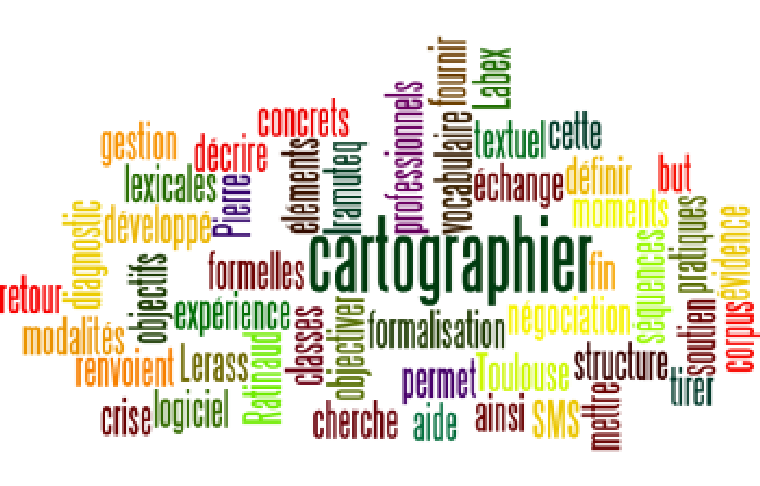Conférences et tables rondes dans le cadre du cycle thématique "Risques, Société et Sécurité" (R2S)
Conferences and round tables as part of the "Risks, Society, and Security" (R2S) theme
This day of lectures and round tables will be entirely dedicated to innovative instruments and methods in toxicology. Bringing together researchers from different disciplines, the objective is to exchange views in order to stimulate innovation opportunities in the field.
Speakers will include a chemist from Laval University (Quebec), a microbiologist from the University of Rouen, a biologist from Cergy-Pontoise University and a pharmacologist-chemist from the gendarmerie nationale’s Institute for Criminal Research (Institut de recherche criminelle de la gendarmerie nationale).
Date: June 8, 2017 from 9.30 AM to 5 PM.
Venue: Maison Internationale de la Recherche
Public: The debates target researchers from the R2S cycle’s partner institutions in particular, however the event is open to anyone interested in the "Risks and Security" theme.
Free entry
Event description
Global security may be defined as the ability to provide citizens of a given territory with a sufficient level of prevention and protection against risks and threats of all natures and impacts, without disruption of the existing situation. This definition covers these different components: economic security, health security, information and digital security, homeland security, mobility, etc.
The scientific scope of this domain covers large fields of research in order to address citizens' natural aspirations. This requires furthering knowledge by developing more basic research and linking it to activities related to human health. The field of life and health sciences is continuously changing in terms of concepts, interaction between disciplines, and scientific, technological, health, and socioeconomic challenges.
It is now necessary to develop new non-invasive methods and techniques to measure materials and products as objectively as possible, not only to improve them, but first and foremost to assess their security and efficiency. For this, a cross-sectional multidisciplinary approach is necessary in order to: understand and control intrinsic and external interactions on various scales; measure the set of physico-chemical and biological
phenomena as exhaustively as possible, through shared information channels and instruments that simultaneously use multimodal and multiphysical technological approaches; and, finally, support the interpretation and monitoring of phenomena, in particular in real time.
Such a challenge requires the pooling of skills not only in the relevant fields of diagnosis in life sciences (i.e. chemistry of materials, biochemistry, molecular diagnosis, toxicology, and alternative toxicology), but also in the fields of instrumentation (combining physics and reverse problems, onboard electronics, sensors, signal processing, imaging, control, and human-machine interface). This type of research provides opportunities in forensics in the fields of toxicology and identification of forgery.
The objective of this workshop dedicated to "instrumentation and innovative methods in toxicology" is to encourage discussion between players in this field of research.
Provisional schedule
In addition to the speeches already scheduled, three speakers from the COMET 2017 international congress (see adjacent table) will be scheduled during the day.
9.00 AM: Registration
9.30-10.15 AM: "Toxicity testing and evaluation of nanoparticles: data gaps and challenges in risk assessment", Ciprian-Mihai Cirtiu (Centre de Toxicologie du Québec)
10.15-10.45 AM: COMET Speaker 1 (30min: 20 min speech and 10 min Q&A)
10.45-11.30 AM: "Health risks assessment methods", Nicole Orange (Normandie Sécurité Sanitaire)
11.30 AM-noon: COMET Speaker 2 (30min: 20 min speech and 10 min Q&A)
Noon-1.30 PM: Lunch
1.30-2.15 PM: "Nanopores: a new method, in particle and single molecule, for biology, health and biotechnologies", Juan Pelta (LAMBE laboratory, UCP)
2.15-2.45 PM: COMET Speaker 3 (30min: 20 min speech and 10 min Q&A)
2.45-3.30 PM: Title not yet known, Olivier Roussel (Head of IRCGN's Toxicology Department)
3.30-4.00 PM: Conclusion of the day and follow-up
4 PM: Platform visit and wine & cheese

